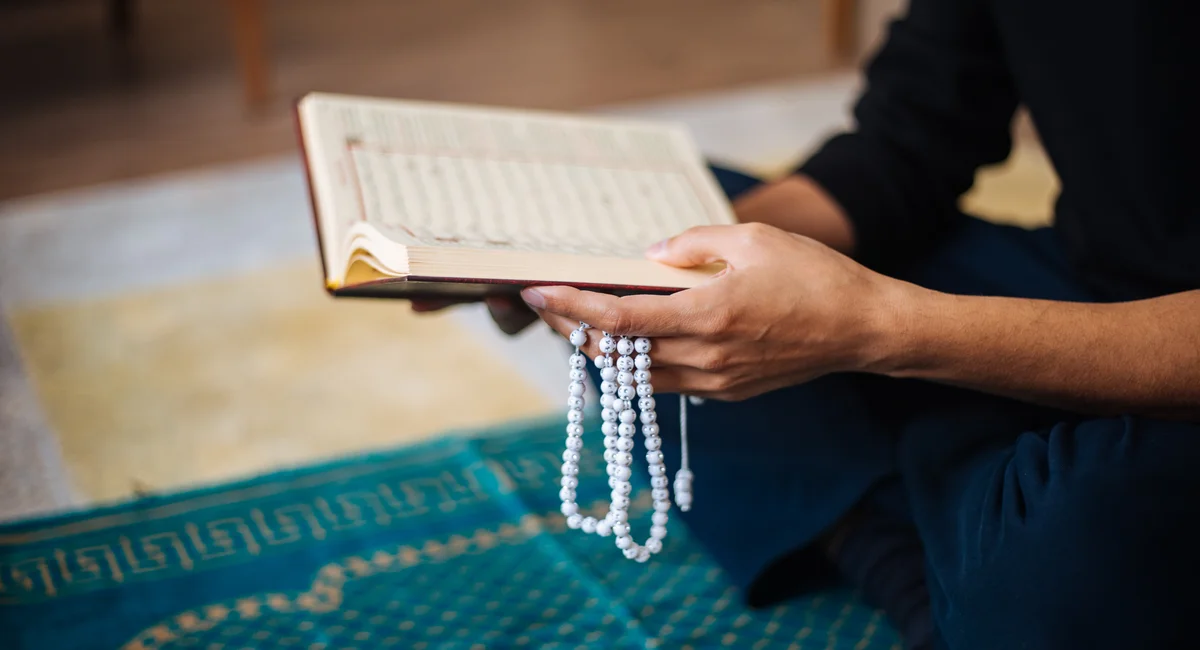Faith vs. Zoning: Long Island Muslims Win Major Federal Support in Landmark Land-Use Battle

The U.S. Department of Justice has alleged that a local religious group is facing discriminatory obstacles in their efforts to construct a mosque in Oyster Bay, Nassau County. In recently filed court documents, federal prosecutors argue that the group has been subjected to unequal treatment during the municipal approval process.
The DOJ's intervention highlights potential violations of religious land-use rights, suggesting that local authorities may have implemented unfair barriers to the mosque's development. By challenging these apparent discriminatory practices, the federal government aims to ensure that the religious group receives fair and equal consideration in their building plans.
This case underscores the ongoing challenges some religious communities face when seeking to establish places of worship, and demonstrates the federal government's commitment to protecting constitutional rights of religious freedom and equal treatment under the law.
